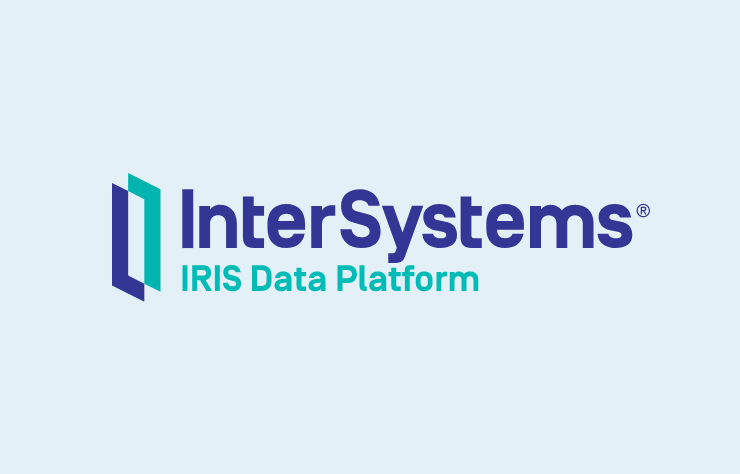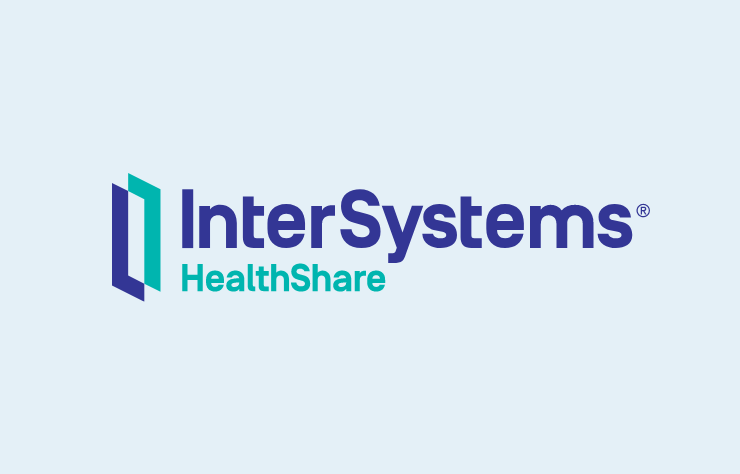Intersystems uutisia
Establishing the Foundation for Innovation

Crisis situations provide opportunities for innovation and improvement. According to InterSystems founder Terry Ragon, truly successful companies distinguish themselves by refusing to blindly implement established processes and instead choosing to promulgate a strong, vision and goal-oriented company culture in all departments. That way the organization is able to adapt to new circumstances and achieve lasting success.
A little later on, Dr. Fiona Murray listed the measures organizations can adopt to put that philosophy into practice and described how this can help organizations better prepare for disruptions such as pandemics. Dr. Murray, Associate Dean for Innovation and Inclusion at the renowned MIT Sloan School of Management, drew upon her research at MIT and the experience she has gathered during the COVID-19 pandemic to provide valuable tips to help companies streamline their operations and prepare for future changes and disruptions. For the visitors to the Virtual Summit, she recommended defining a clear strategic orientation to allow priorities to be determined rapidly and establishing a system that supports and incentivizes experimentation, learning, and evaluation. In addition, she emphasized the importance of building an overarching network of ideas to help encourage innovation from different perspectives.
Being flexible: Agility and decisiveness
Agility and implementation speed are the key to successfully quelling a pandemic. That is easy enough to say, but quite a challenge to put into practice, particularly if your organization is on the larger side.
Professor Gregg Meyer, Chief Clinical Officer at Mass General Brigham (MGB) – formerly Partners Healthcare – and Professor of Medicine at Massachusetts General Hospital and Harvard Medical School, explains how MGB handled the crisis. The analogy he employed to describe the situation at MGB was that of an aircraft carrier expected to turn on a dime. Professor Meyer’s main assertion was that, “in a small crisis, power moves to the center, but in the big one, it moves to the periphery.” He says that in major crisis situations, such as the COVID pandemic, we need decentralized structures and employees capable both of making decisions in the face of uncertainty and of revising or reversing those decisions should they turn out to be incorrect. Professor Meyer also emphasized the importance of motivating young or inexperienced employees to take initiative, saying: “We need to empower those in the periphery to be able to turn that ship on a dime.” Only by doing just that could MGB successfully implement data-based management measures to limit the spread of the pandemic and introduce technical innovations such as telehealth, virtual patient visits, and internal collaboration tools to better serve its patients and protect its staff. He also strongly recommends that managers make an effort to be present on the ground with their employees, adding the practical tip that optimism multiplies the strength we need to get us through the crisis. The glass isn’t half empty – and it’s not too big, either. The glass is half full!
Artikkelit

Transferring and Sharing Knowledge
Why is it particularly important to be able to access knowledge and information quickly and easily in crisis situations

Establishing the Foundation for Innovation
Crisis situations provide opportunities for innovation and improvement

Healthy Data, Trust, and Partnership Form the Foundation for Agility and Resilience
Trusted partnerships significantly improve a company’s ability to respond to changes

Healthcare: “Data Are the New Eyes”
What’s the most effective tool for fighting COVID-19? Is it the ventilator? Personal protective equipment? Medications such as Remdisivir? What could it be?

InterSystems IRIS:
Resilience by Design
How InterSystems IRIS can help companies become more resilient and agile

Ensimmäinen InterSystemsin sertifikaatti Suomessa Istekin Maurille
Onneksi olkoon Mauri, sait Suomessa ensimmäisenä InterSystemsin sertifikaatin osaamisestasi! Mauri Kaatrasalo teki lisenssin vaatiman kokeen InterSystems Virtual Summit -tapahtuman yhteydessä.
Tapahtumat

InterSystems IRIS
Learn more about the most recent development highlights and the roadmapThe next generation data platform: InterSystems IRIS® and InterSystems IRIS for Health™.

InterSystems HealthShare
Learn more about the roadmap for InterSystems HealthShareConnected healthcare solutions based on a unified patient record
Materiaalit

On our event platform you can take another look at all Focus Sessions of the Virtual Summit 2020. (You have to be registered at the Event Platform first)

InterSystems’ Smart Factory Starter Pack is an open source framework for quickly creating Overall Equipment Efficiency (OEE) dashboards and is the ideal starting point for initial Smart Factory projects.

Looking for ways to try InterSystems Technology? Check out a resource guide on a topic of your choosing.







